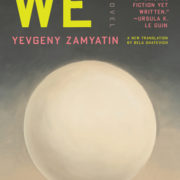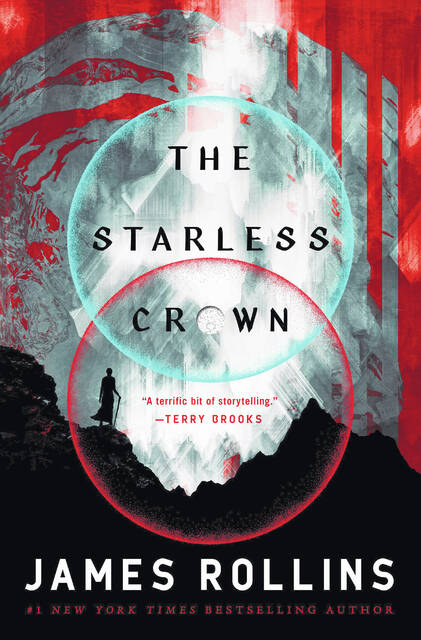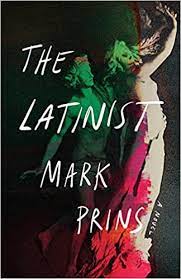Tattoos on the Heart: The Power of Boundless Compassion by Gregory Boyle
Not long ago, a friend of mine recommended a great little read, based upon some of my scholastic interests and previous work experience. I don’t read every book that is recommended to me, but I must admit, I’m glad I read this one. The end result was a captivating read that beckoned me to embark on a journey that truly is a literary rarity, one full of deep introspection and serious contemplation. Father Gregory Boyle’s Tattoos on the Heart is, in a sense, the measure of a man’s life work. Throughout the pages, readers discover the retelling of nearly thirty years’ worth of life and ministry. Boyle’s writings bring to life a certain reality that many in our culture are either unaware of, desensitized to, or just not interested in.
After his ordination in 1984, Boyle began ministering to underprivileged villages of South America – Bolivia, to be exact. Here, Boyle discovered what he would eventually label his life’s purpose. Gregory Boyle fell in love with poor people. That phrase looks odd at first glance; thus, I’ll showcase his intended meaning through a bit of his own words. In speaking about the transition from being placed in a fairly cushy first assignment after ordination to where he would eventually land – the gang-infested populations of the Pico Gardens and Aliso Village public-housing projects of Los Angeles, California – Boyle states, “Originally, I was scheduled to go to Santa Clara University to run their student service program, but Bolivia changed all that. I can’t explain how the poor in Bolivia evangelized me during that year of 1984-85, but they turned me inside out, and from that moment forward, I only wanted to walk with them.
So, that is exactly what Boyle did. As mentioned above, he was assigned to a small congregation, by which he had previously served in an associate’s capacity, nestled in the heart of Los Angeles, California’s “gang capital” Delores Mission. After a somewhat organic growth, the mission soon became a haven for gang members. At first, Boyle made it his mission to create an atmosphere of peace among rival gangs by fostering treaties and formal resignations of violence toward one another. Looking back upon these labors, suggests that his naivety allowed him to miss the mark here. Over time, he began to see that these efforts fueled the flames of gang activity, rather than extinguish them. So, Boyle changed tactics by becoming the founder and director of Homeboy Industries, a place committed to providing jobs for former gang members, thus giving them an entry point into not only a normative state of society, but also a healthy way of life. Father Boyle established Delores Mission and Homeboy Industries as a safe place for young men and women to find shelter amidst a lifelong struggle of violence and neglect, thus giving reprieve coupled with tools and resources that would lead to betterment.
Tattoos on the Heart is one Jesuit’s story of partnering with marginalized members of society. In the pages of this book, one will discover a man’s journey that not only brought hope and restoration to the lost he was working on behalf of, but that also brought healing and betterment to his own life. His work was reciprocal. The stories in this book are dynamic and variable. Some may induce fits of laughter. Some may produce strong emotions, the types that are often accompanied with tears. Throughout the reading of this book, individuals might find themselves engaging in philosophical, theological, and/or ideological thought which sounds like a pretty good result, coming from a book written by a Jesuit. It should be noted that in this book, the vocabulary gets course and gritty. This is written by a man who has spent his entire adult life working with and for gang members, after all. Yet, regardless of the vocabulary found in these pages, and regardless of the emotions and ideas induced, this book offers up a real value that is often times missed in memoirs of a similar ilk.
In this book, Boyle gives voice to the silent. Throughout the process of outlining this review, I struggled with the question of which, if any, stories might I mention here. In the end, I find myself dismissive to the idea of promoting one or the other. Instead, I do my best to encourage you to read them all. Read the sad ones. Read the funny ones. Read the ones about young boys who never got a shot at life, simply because of the street corner they were born closest to. Read the ones about the former gang-bangers turned community leaders. Again, read them all.
A great thing about this book is that you don’t have to see the world the same as Father Boyle does in order to find an inherent value. You don’t have to consider yourself a religious person. You don’t have to consider yourself a “good Samaritan” or an “others centered” type of being. No, really that’s not needed. Yet, if you’re interested in being challenged by a segment of society that you’re either ignorant toward, or just haven’t thought about in a long while, then this book may do you well. In the midst of a culture ensnared in division and disunity, it may do us all well to seek out compassion and to work toward togetherness. So, if you’re looking to be challenged, or you’re looking for a real thought provoker, you can pick this book up in our non-fiction collection at the Joplin Public Library







